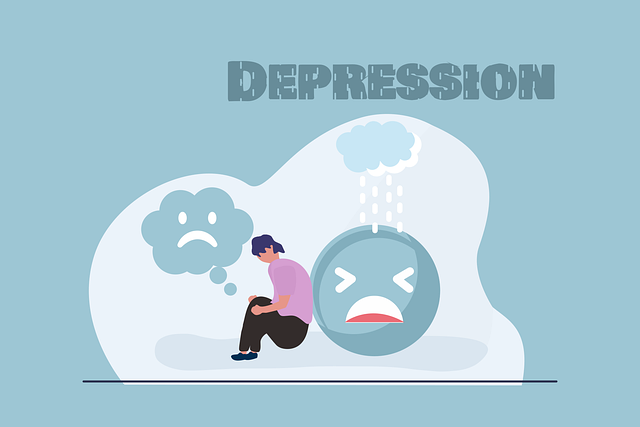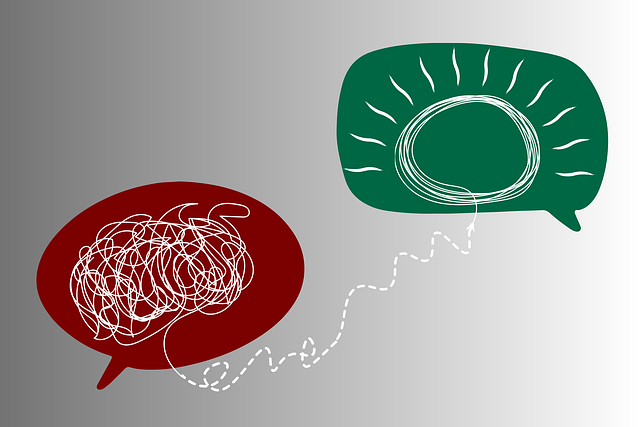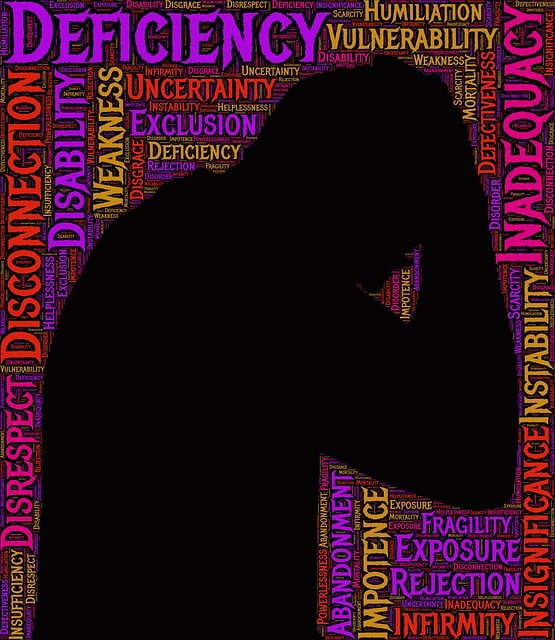Mental health crisis hotlines in Broomfield, Colorado, are invaluable resources for individuals with autism spectrum disorder (ASD), offering confidential, non-judgmental support 24/7. Broomfield ASD Therapy provides tailored assistance through coaching programs focusing on communication skills, self-care, goal setting, and resilience building. Despite their life-saving potential, these hotlines face challenges like communication barriers, high call volumes, and misconceptions, hindering their effectiveness. Data shows that prompt intervention improves crisis outcomes and enhances quality of life, with future developments aiming to expand accessibility through technology for personalized support.
“Mental health crisis hotline support services play a pivotal role in safeguarding individuals facing severe emotional distress. This article delves into the critical function of these hotlines, highlighting their impact on vulnerable populations such as those with Broomfield Autism Spectrum Disorder (ASD) therapy needs. We explore common misconceptions, access strategies, and the evolving landscape of crisis intervention. Understanding these hotlines is essential for promoting mental wellness and ensuring swift support during times of crisis.”
- Understanding Mental Health Crisis Hotlines
- The Role of Broomfield Autism Spectrum Disorder Therapy
- Accessing Support: How to Reach a Crisis Hotline
- Common Challenges and Misconceptions About Hotline Services
- Impact and Future Directions for Crisis Intervention Hotlines
Understanding Mental Health Crisis Hotlines

Mental Health Crisis Hotlines serve as vital resources for individuals experiencing severe emotional distress or mental health crises. These 24/7 services provide immediate support, offering confidential and non-judgmental spaces for people to share their concerns. Trained professionals offer a listening ear, guidance, and appropriate referrals to specialized care. Key to their effectiveness is the accessibility they offer, breaking down barriers by providing help over the phone, ensuring that anyone in need can receive assistance promptly, regardless of location or availability during business hours.
For communities like Broomfield with a diverse population, including those with Autism Spectrum Disorder (ASD), these hotlines play a crucial role. Tailored support for individuals with ASD, incorporating practices such as mindfulness meditation, can be offered to address unique challenges they may face in managing their mental health. Beyond crisis intervention, Mental Health Education Programs Design and Mental Illness Stigma Reduction Efforts are increasingly integrated into hotline services, fostering a more understanding and supportive community environment.
The Role of Broomfield Autism Spectrum Disorder Therapy

Broomfield Autism Spectrum Disorder (ASD) Therapy plays a pivotal role in addressing and supporting individuals on the autism spectrum. This specialized therapy focuses on enhancing communication skills, which is often a key challenge for those with ASD. Through tailored strategies, therapists help clients develop effective communication methods, fostering better social interactions and improving their overall mental wellness.
The program offers more than just treatment; it empowers individuals to navigate daily life with greater ease. By incorporating Self-Care Practices, Broomfield ASD Therapy enables participants to manage stress and emotional well-being. Moreover, the therapy contributes to the development of Mental Wellness Coaching Programs, where clients gain tools to set goals, maintain routines, and build resilience, ultimately promoting a more fulfilling and balanced lifestyle.
Accessing Support: How to Reach a Crisis Hotline

Reaching out for help during a mental health crisis is a courageous step, and hotlines play a vital role in providing immediate support. These services are designed to offer a safe, non-judgmental space for individuals to express their feelings and concerns. In Broomfield, Colorado, those facing challenges related to autism spectrum disorder (ASD) can find specialized assistance through dedicated crisis hotline support.
To access these services, individuals can simply dial the designated hotline number. Trained professionals on the other end are equipped with the knowledge and skills to handle a range of issues, including managing intense emotions, providing coping strategies, and offering guidance tailored to ASD-specific needs. The process is confidential, ensuring individuals feel comfortable sharing their experiences. Moreover, these hotlines often incorporate compassion cultivation practices, fostering a sense of calm and connection while encouraging self-care practices that promote long-term mental well-being. Effective risk assessment for mental health professionals involved in such hotlines is crucial to ensure the safety of both clients and support staff.
Common Challenges and Misconceptions About Hotline Services

Despite their vital role in mental health support, hotline services often face several common challenges and misconceptions that hinder their effectiveness. One significant hurdle is reaching those who need them most. Many individuals, especially those with conditions like Broomfield Autism Spectrum Disorder, may struggle to express their distress over the phone or feel hesitant to seek help due to social anxiety or a lack of awareness about available resources. This can lead to underutilization of hotline services within these communities.
Another challenge lies in managing high call volumes and ensuring every caller receives adequate attention. Hotline operators are often limited in resources and training, particularly when it comes to specialized areas like risk management planning for mental health professionals or coping skills development for diverse populations. Misconceptions about the scope of hotline services—such as believing they’re only for severe crises—can also deter people from utilizing these life-saving resources.
Impact and Future Directions for Crisis Intervention Hotlines

The impact of mental health crisis hotline support services cannot be overstated. These lifelines have proven to be instrumental in providing immediate assistance and long-term guidance for individuals grappling with various mental health issues, including Broomfield Autism Spectrum Disorder Therapy. The data suggests that prompt intervention through hotlines can significantly mitigate the severity of crises, enhance recovery rates, and improve overall quality of life. By offering confidential, non-judgmental spaces for expression, these services foster positive thinking and encourage proactive depression prevention strategies among users.
Looking ahead, future directions for crisis intervention hotlines hinge on leveraging technological advancements to expand accessibility and personalize support. Incorporating digital platforms and mobile applications could bridge geographical gaps, making help readily available 24/7. Moreover, integrating communication strategies tailored to diverse user needs—from text-based services to video conferencing—would ensure that the hotline’s reach extends beyond traditional telephone calls. Such innovations aim to create a more inclusive environment, catering to various preferences and enhancing the overall effectiveness of crisis intervention.
Mental health crisis hotline support services play a pivotal role in providing immediate assistance and long-term solutions, especially for communities like those served by Broomfield Autism Spectrum Disorder Therapy. By addressing common misconceptions and challenges, these hotlines ensure that individuals in crisis have access to the help they need, 24/7. As we look towards the future, continuous evaluation and expansion of hotline services will be crucial in effectively navigating mental health crises, ultimately enhancing the well-being of communities across the spectrum, including those with autism.














